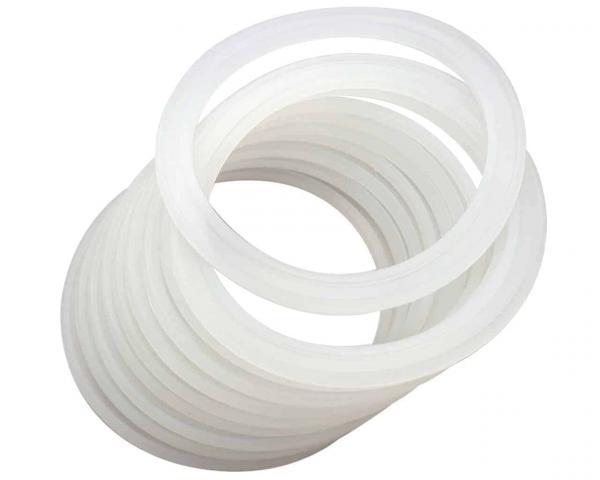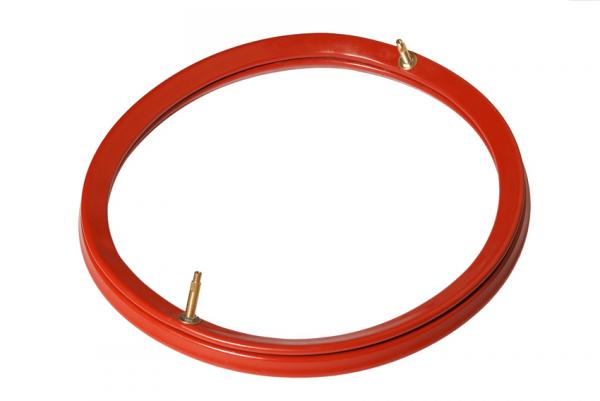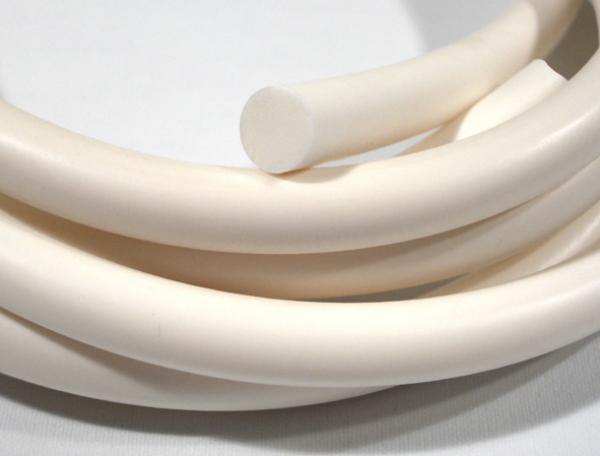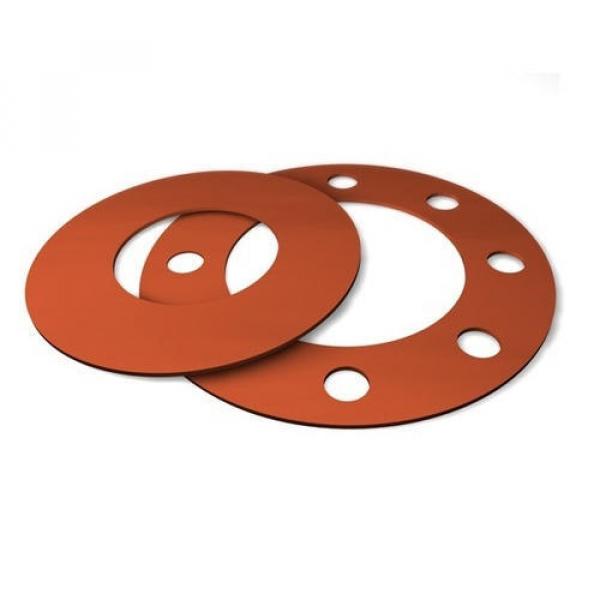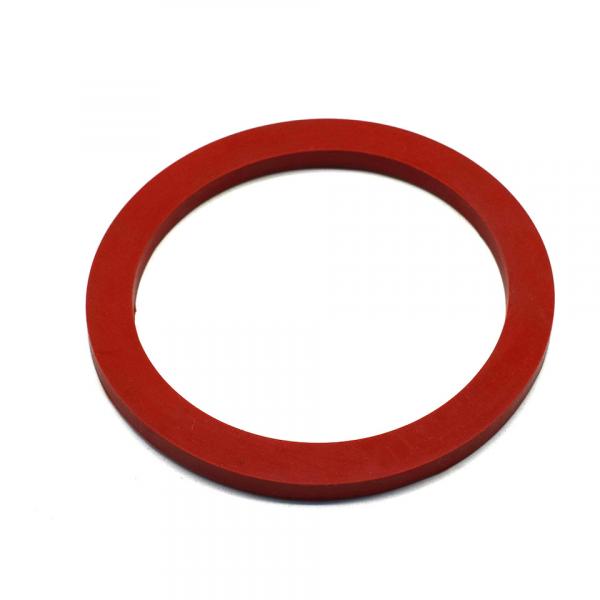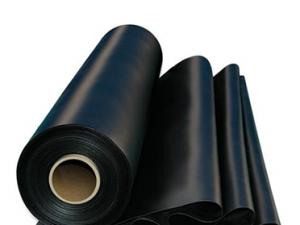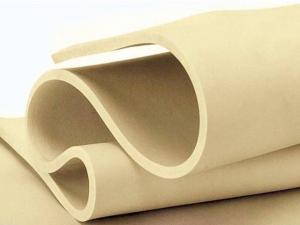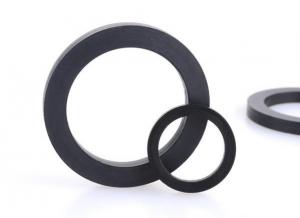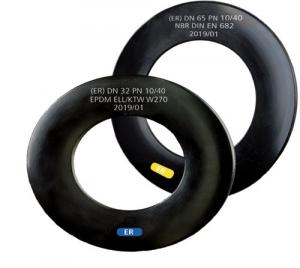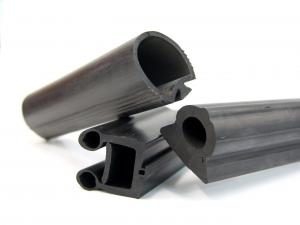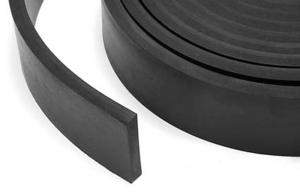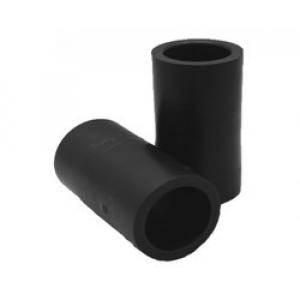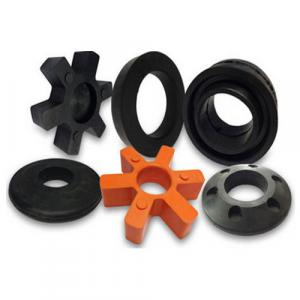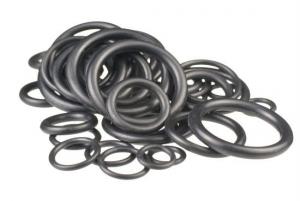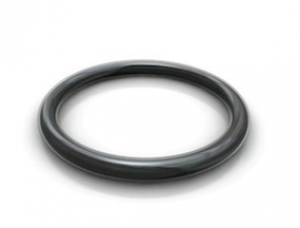Silicone
Silicone, technically VMQ (VinylMethylsilses Quioxane), is physiologically inert and this facilitates its application to the field of medicine. It is absolutely unalterable by ozone, weathering and ultraviolet radiation. Compared with other rubbers, it has low mechanical properties (tensile strength, elongation and tear) even though the constant high temperature. However, it is not advisable to subject to pressurized steam. The silicone elastomer is considered among the best insulating properties with electricity. Stable in extreme environments; its operating properties remain unchanged in a wide temperature range, which make it useful in a variety of industrial applications such as automotive, electronics, food, medicine or lighting industry. Have translucent, red, white and black silicone and Silicone High Temperature resistant up to 300 ° C. Cell Silicone has great advantages over compact, as its weight, its good compression set, its cushion effect, its closed cell and good insulation against heat. They have good resistance to ozone aging, solar oxidation and U.V. rays and good resistance to acids and electric charges, excellent resistance to dry heat, flame and cold. It is not advisable to contact aliphatic, aromatic and chlorinated hydrocarbons as well as fats and oils. It is mainly used as insulation gaskets for ovens, seals, gaskets for the lighting industry, food industry, automotive, rail and all those applications that require a sponge material with very good thermal properties and aging.

